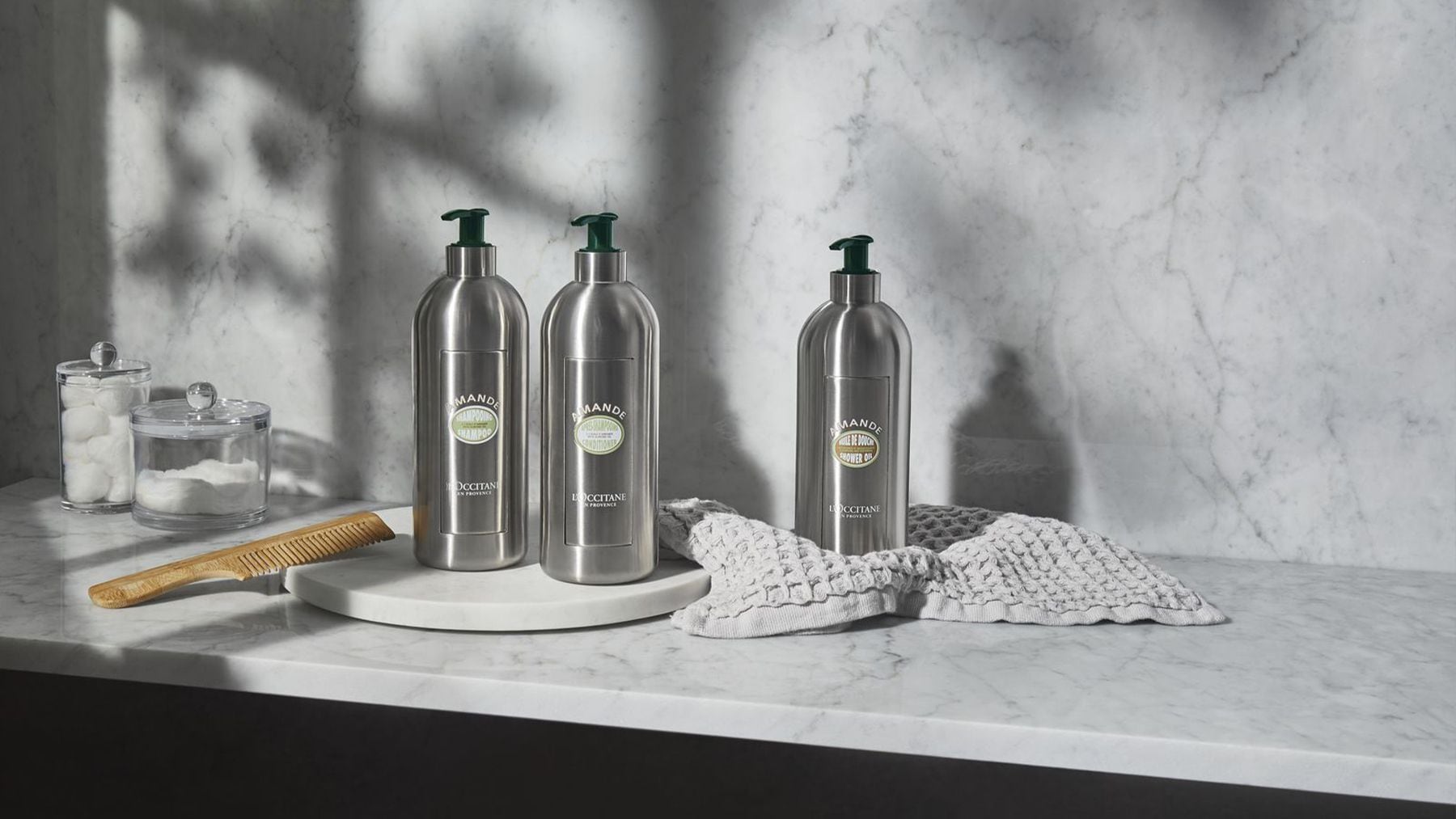
Billionaire Reinold Geiger is making a renewed push to take global cosmetics firm L’Occitane International SA private, the strongest indication yet that a succession plan is underway.
L’Occitane’s stock spiked this week after Bloomberg News reported private equity firm Blackstone Inc. is considering teaming up on a buyout with 76-year-old Geiger, who is chairman and holds a controlling stake in the skincare brand. It was the second time in almost six months shares surged over the possibility that the Austrian entrepreneur will delist the firm from the Hong Kong stock exchange.
If Geiger succeeds, it will cap a tumultuous three years for the company that sells products like citrus verbena hand cream and almond shower oil. Geiger relinquished his role as chief executive officer in 2021 to Andre J. Hoffmann, his business partner for nearly 30 years. Then, last month, Geiger announced Hoffmann will be replaced in April by a new CEO who previously worked at LVMH.
“As our group grows, we need to evolve,” Geiger said in a statement.
A vehicle ultimately controlled by Geiger owns more than 70 percent of L’Occitane, exchange filings show. An engineer by training who rarely gives media interviews, Geiger has a net worth of $2.4 billion, according to the Bloomberg Billionaires Index.
The future of Geiger’s fortune is part of a generational transfer of wealth that’s gathering pace around the world. In his case, it’s still unclear whether he intends to eventually hand the reins to one of his three sons.
“Part of the thinking about future governance and reorganisation, particularly related to succession, involves changes in ownership structures,” said Morten Bennedsen, a professor at the University of Copenhagen and an expert on family businesses. “Ownership is part of transition planning.”
Two of Geiger’s three sons are in senior management positions at the company. Adrien, 38, is a global brand director and Nicolas, 42, an executive for the Americas. Both are also senior advisers at New York-based REDO Ventures, a venture capital firm with a broad portfolio that has invested alongside Peter Thiel’s Valar Ventures in cryptocurrency trading-platform Bitpanda. Maximilien Geiger, 46, has also been involved in REDO and L’Occitane, according to his LinkedIn profile.
“They will become shareholders, but running the company is something different,” Geiger said in a 2012 interview with his business school alma mater, Insead. “I’m a very simple person. I don’t complicate things and may be not too intelligent. When you are too intelligent it’s difficult.”
A spokeswoman for L’Occitane didn’t respond to requests for comment.
Provence Roots
L’Occitane was founded in 1976 by Frenchman Olivier Baussan, who started out making essential oils from plants like lavender in the Provence countryside and selling them at local markets. Geiger became a minority shareholder in 1994, but has said the company was doing so badly he started working there in a bid to safeguard his investment.
He expanded L’Occitane globally, saying he decided to move into Asia after being impressed by the region’s work ethic. Initially, the strategy went so badly that his auditor warned the poor results could put the whole company in jeopardy. The retailer was listed in Hong Kong in a 2010 initial public offering and now has eight brands and some 3,000 locations in 90 countries. Yet it earns only about one-third of its revenue in Asia, while the Americas is its fastest growing region.
He started his first business in his early 20s, a tour operator specialising in ski holidays that flopped, as did his next endeavour, a machinery distributor. He had more success at AMS Packaging SA, which specialised in supplies for high-end perfumes and cosmetics and was later sold.
“I just wanted to have no boss and do things by myself,” he said in the interview. “I wasn’t motivated at all in becoming rich.”
Last year, Geiger considered taking the company private with a view to potentially relisting in Europe at a higher valuation. He eventually abandoned the idea, triggering a sharp slump in L’Occitane stock.
In a note published Tuesday, Jefferies analysts said the small number of international companies listed in Hong Kong may be revisiting their status because the original attractions of high valuation and building brand awareness, especially in China, “have been fading.”
To hammer home the point, minority shareholder Butler Hall Capital sent an open letter to L’Occitane’s board this week calling for a relisting in the US to unlock value, notably through a spin off of fast-growing brand Sol de Janeiro, maker of Brazilian “bum bum” cream. L’Occitane is trading at a deep discount and an offer below HK$45 ($5.75) would undervalue the company, it said. The shares closed at HK$27.75 on Thursday.
Minority investors trying to read into the chairman’s current strategy might want to take heed of his words in 2012.
“I love taking risks,” Geiger, a keen skier, said. “Skiing between two crevasses on a glacier is exciting, it’s adrenaline, you don’t want to fall in.”
By Tara Patel
Learn more:
Blackstone Said to Consider Bid for Skincare Company L’Occitane
Blackstone Inc. is considering a bid for skincare company L’Occitane International SA, according to people familiar with the matter.



